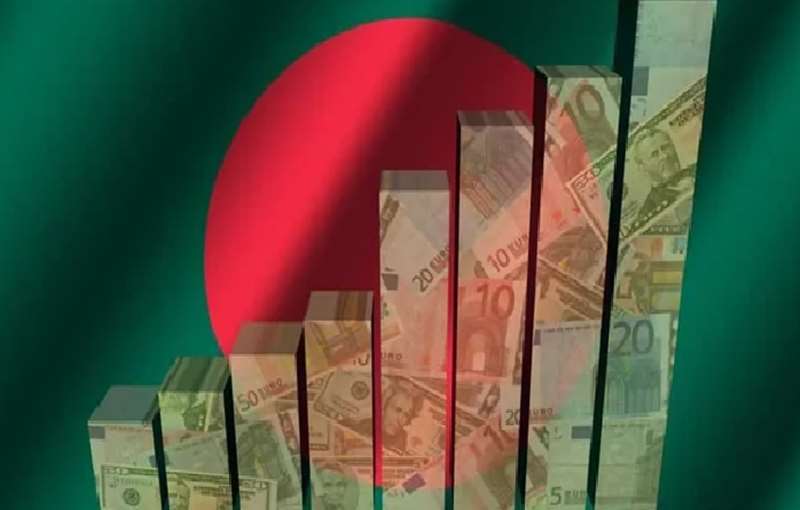Economic Challenges Facing Bangladesh in 2024

Economic Challenges Facing Bangladesh
Bangladesh has enjoyed a remarkable period of economic growth and poverty alleviation over the past decade, earning international acclaim for its achievements. However, recent indicators suggest a significant slowdown in the country's economy, raising concerns about its sustainability and the potential threat to poverty alleviation efforts.
Current Economic Situation
- GDP Growth Decline: According to the Bangladesh Bureau of Statistics (BBS), the GDP growth rate for the second quarter of the fiscal year 2023-24 dropped to 3.78 percent, down from 7.08 percent in the same period the previous year.
- Inflationary Pressures: The inflation rate has surged to around 10 percent, impacting middle and lower-class families and dampening consumer demand and spending.
- Sectoral Slowdown: Output growth in both the industrial and services sectors has slowed significantly compared to previous years, with industrial growth at 3.24 percent and services at 3.06 percent.
- IMF Forecast: The International Monetary Fund (IMF) has revised down Bangladesh's GDP growth forecast from 6 percent to 5.7 percent, citing the sluggish economic performance.
Analysis of Causes
- Foreign Exchange Crisis: Bangladesh's foreign exchange reserves have dwindled, falling below $20 billion in April 2024, exacerbating the country's economic challenges.
- Inflationary Impact: High inflation rates have eroded purchasing power, affecting consumer spending and overall economic activity.
- Structural Flaws: Despite previous growth, structural weaknesses in the economy, such as low private investment and foreign direct investment (FDI), remain unaddressed, hindering sustained growth.
Expert Insights
Dr. Devapriya Bhattacharya: Warns that declining growth could lead to increased poverty and income inequality unless addressed through radical reforms. Mahmud Ali, Finance Minister: Remains optimistic, citing government reforms that are "starting to bear fruit," despite data indicating economic slowdown.
Impact on Poverty Alleviation
- Threat to Progress: The slowdown in economic growth poses a significant threat to Bangladesh's remarkable progress in poverty alleviation over the past decade.
- Potential Consequences: Declining growth could lead to fewer employment opportunities and exacerbate income disparities, reversing the gains made in poverty reduction efforts.
Recommendations
- Urgent Reforms: Implement radical reforms in the banking, financial, and energy sectors to address structural flaws and stimulate economic growth.
- Address Foreign Exchange Crisis: Take immediate measures to stabilize foreign exchange reserves and restore confidence in the economy.
- Diversification of Economy: Reduce reliance on traditional sectors such as garments and focus on diversifying the economy to enhance resilience.
Conclusion
Bangladesh's economy faces significant challenges in 2024, marked by a sharp slowdown in growth and inflationary pressures. Urgent reforms are needed to address structural weaknesses and restore confidence in the economy, ensuring sustainable growth and continued progress in poverty alleviation efforts.
This report underscores the importance of proactive measures and strategic interventions to navigate the current economic uncertainties and steer Bangladesh towards a path of inclusive and resilient growth.










পাঠকের মন্তব্য